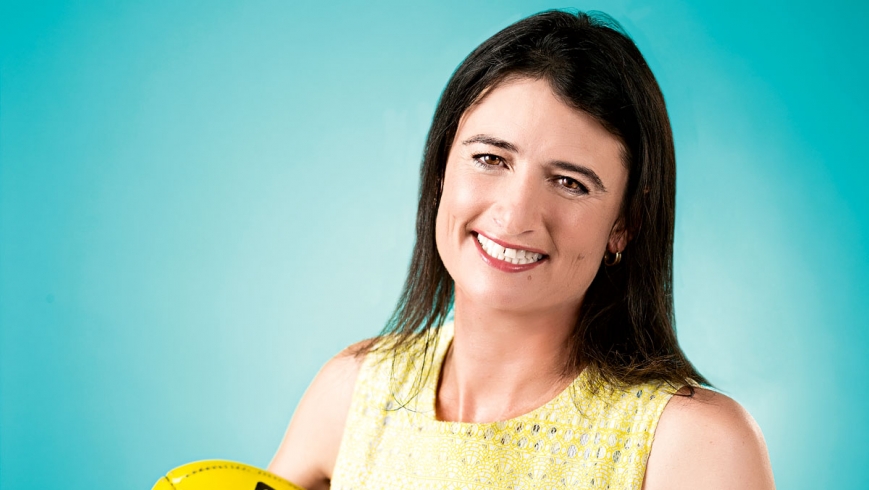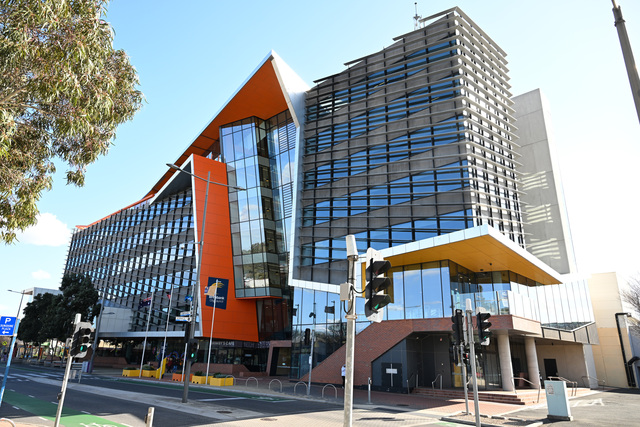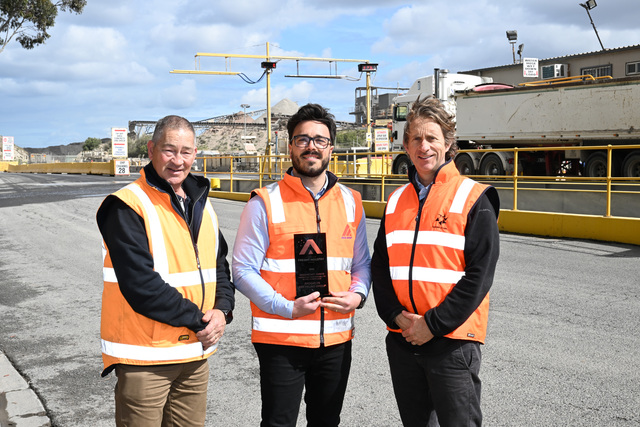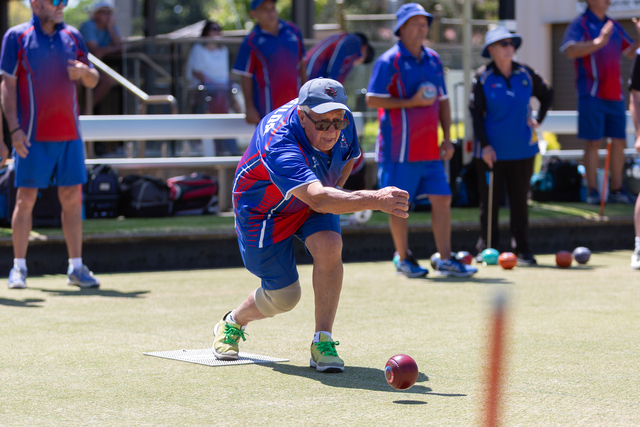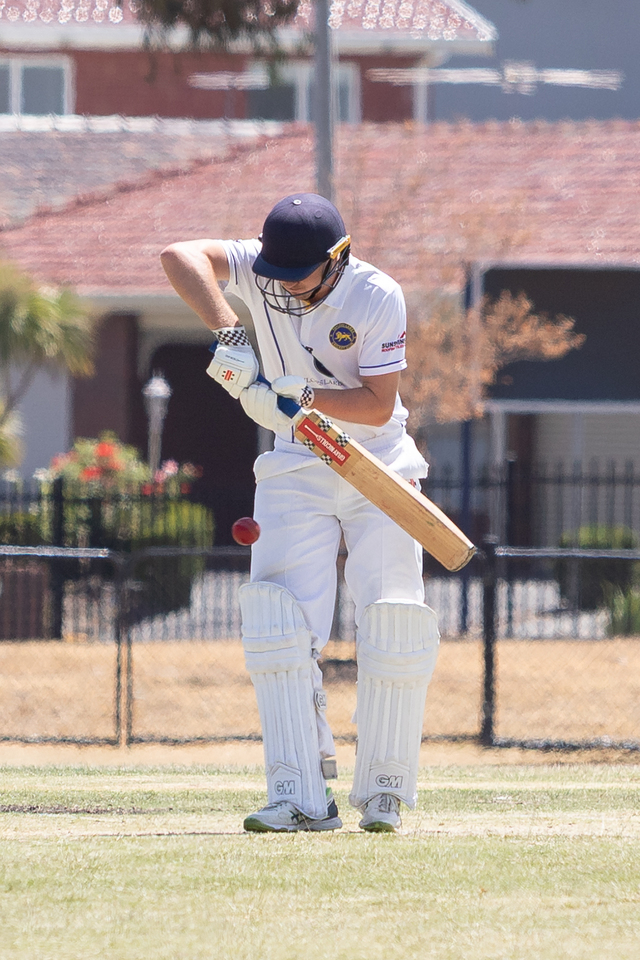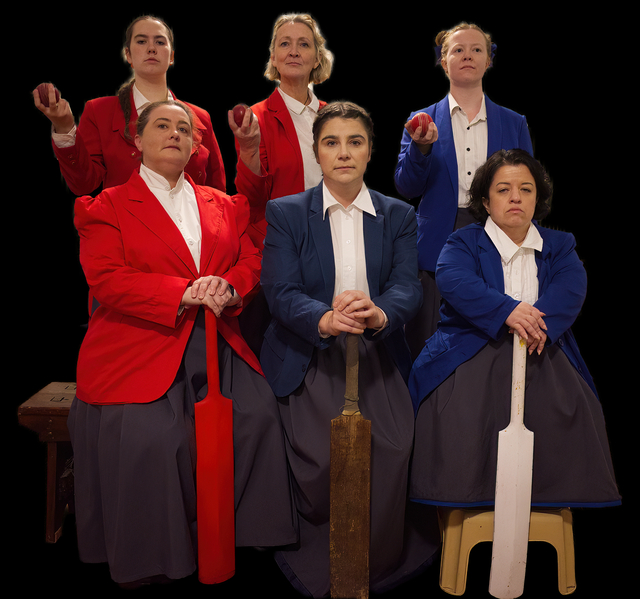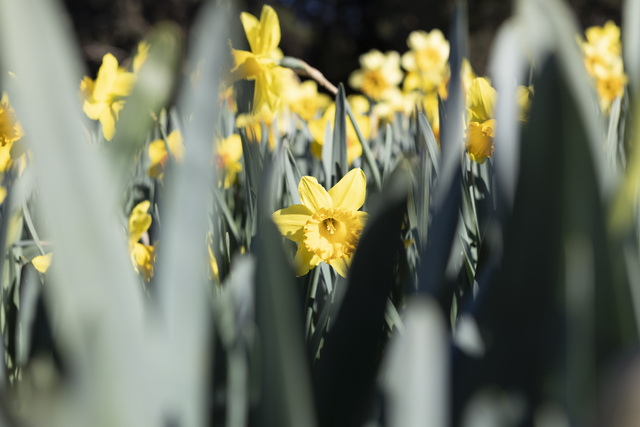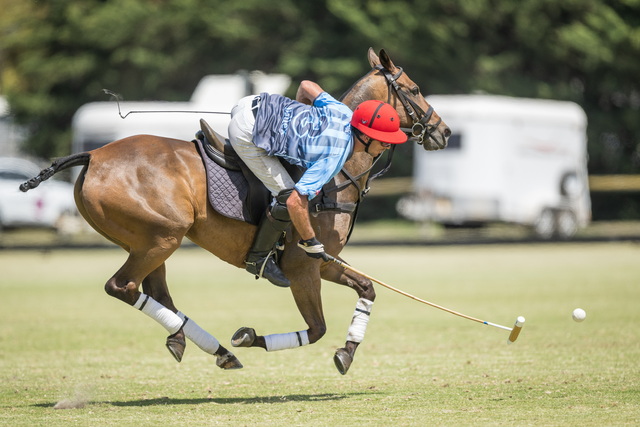Related
10 women changing the face of footy
Peta Searle’s story is one of resilience, perseverance and the refusal to be cowed by boys at school who bullied her for playing sports traditionally associated with boys and men – sports such as football and cricket.
Some of these bullies may well barrack for St Kilda and know that the girl they bullied now works at the Saints as a development coach, the first woman appointed to the senior coaching panel of an AFL club.
“From the first week it was almost like I was a part of the furniture,” Searle says of the welcome she received from St Kilda. She notes the club has two women on its board and three women in executive roles.
“It’s about getting balance [and ideas] right,” Searle says. “It’s about inclusion and diversity. If I was a coach, I wouldn’t employ people who were exactly like me because what are we going to bring to the table? You bring in skills you don’t have so together you can go forward.”
After a long career as a player and coach in women’s leagues, Searle spent time as an assistant coach at Port Melbourne in the VFL, working with the head coach, former Hawthorn star Gary Ayres, who would become a mentor and, she says, her champion.
She left that role in 2013, not out of a lack of passion – indeed, the decision was devastating. It was the twin reasons of the modest income the role offered (nearly nothing) and the struggle of performing it alongside her primary role as a single mother to Tessa, eight, and Jackson, five.
Having impressed many with her coaching, Searle returned to Brighton Secondary College, where she had taught physical education for many years. The coaching dream seemed to be over.
But let’s go back to where it began.
Searle, 40, grew up in Highett, later moving to Lilydale and kicking the footy in the backyard with her older brother, Luke. “I had Trevor Barker on my back, No.1. And I’d kick goals thinking I was going to play for St Kilda, as you would as a five-year-old. Then as a 10-year-old you realise that’s not going to happen.”
Her family were ardent St Kilda supporters and Searle adored it from the start.

“I was an absolute fanatic. Trevor Barker used to carry me on his shoulders around the social rooms as a little tacker, six or seven.
“In the old days they used to go to supermarkets and do handball competitions.
“So if the Saints were on, we’d always go and he’d always pick me out of the crowd, get me on stage, give me a footy.”
As a young girl, Searle was shy and introverted. “I struggled to have friends. For me my release and my passion and the only place I found confidence in was my sport.”
She played footy with an under-nines team, which was mostly boys, and cricket, too. “I used to hide it because I used to get teased by the guys at school. Basically you were butch if you played cricket.”
What did she do about the bullying? “You didn’t do anything in those days. They’d just call you names. All the way through [growing up].”
What did her parents say? “I never told them. In those days you dealt with things yourself.’’
She gave up footy for more than a decade, but started playing again at 20 when she found out there was a women’s competition (the Victorian Women’s Football League). “When I started playing [as an adult], my immediate friends I told, and eventually they all started playing, but in the bigger environment I didn’t go to work and say, ‘I play women’s footy’. Now it’s well-received and widely accepted and there’s a lot of fathers engaging their daughters in it.

“It’s healthy and it [builds] confidence. [Kids] walk into a school now and say, ‘I play footy’ and it’s, ‘Oh, really.’ You’re the cool kid now.”
Did that experience help her later? “I’ve no doubt. Obviously I’m resilient, strong, lots of things that have occurred in my life that have contributed to me being where I am. That was one thing that shaped me, and there were others, in terms of my work ethic.
“I wasn’t the brightest tool in the shed so I had to work really, really hard. And, as it turned out, if you work hard enough for long enough, things do turn around, and so all of a sudden in year 12 I’d gone from struggling my way through high school to getting great marks and going to uni.”
She studied physical education and in 1996 started teaching at Brighton Secondary College. Over the next few years she coached the VWFL club Darebin to five premierships. Then, taking extended leave from teaching, she took a coaching role at Port Melbourne. “Port Melbourne was a lot of hours, but I wasn’t working so the balance between that and raising my kids was OK.”
But when the leave ended she had to return to work at Brighton Secondary. “I couldn’t sustain Port Melbourne and the hours you need to put in, as well as working and being a mother.” She was often asking her mother to babysit. The pressure became too much.
Resigning from Port Melbourne was quite devastating for Searle. “To have developed and come so far and then had to give it up because you couldn’t make a living out of it. Gary [Ayres] understood because he knows the hours it takes to do the job. He knew what I had to do was right by my family, so I did that.”
Leaving football was tough. “I played footy for 12 years, coached for 10. Footy was a big chunk of my life for more than 20 years. When I resigned from Port Melbourne, I felt really lost. A massive chunk just gone. First time in 20 years I wasn’t involved in a pre-season. I was a little bit lost and a little bit grumpy. It was almost like breathing.
“I had to do it for my kids. It was a black and white decision. But the consequences of it were tough for me.”
She pined for football. “[I thought] ‘I don’t know if I can quit coaching because I kind of need it as much as the club needed me’. It helped develop me as a person. It helped give me confidence, it helped me communicate with people, as did teaching.”
Searle slowly edged her way back. In 2013 she spent three months working a day a week with the Melbourne Demons. Then early last year a fellow coach at Port Melbourne suggested she take a role at St Kevin’s in the Victorian Amateur Football Association. “I said to my mum, ‘Look, I’ve got to do it, I feel lost without it’.”
In April last year Samantha Lane wrote an article in The Age under the headline “Peta Searle gives up coaching dream”. “It created a lot of discussion,” Searle says.
She was contacted by a couple of clubs and had two interviews. Then St Kilda rang, telling her it needed a development coach.
Two months later she started at the Saints, helping other coaches and relaying messages to players on match days. Her dream was alive again.
Searle knows she’s a product of perseverance and self-belief.

“I have always been prone to hard work. That’s just the way I was wired, I think. If you want to do something, you’ve just got to keep persevering and find a way.”
“There’s no doubt it’s tough, but it’s tough for any working woman, tough for any working single woman. The fact that I’m in AFL doesn’t make it tougher, I don’t think.”
She is proud of being a role model, especially for her daughter. “Tessa certainly gets the magnitude of it. She’s proud and she’s impressed.
“It’s about in 10 years’ time, what legacy is she going to see? I’m thinking in terms of role modelling, how you can do things that you want to do if you keep persevering and working hard and put yourself out there.
“There’s no doubt that from the time I started coaching to where I am now, I’ve had to put myself outside my comfort zone numerous times. I think it’s important that you need to go outside your comfort zone to develop and do things that you like.”
Her job with the Saints is certainly a pioneering role. Former St Kilda coach Stan Alves has said of Searle: “This girl can go to the next step. She can be the groundbreaker.”
“It was never from the viewpoint of doing anything like that,” says Searle. “For me that’s a really nice by-product of it all. The fact that it’s making opportunities easier for other women coming through, the fact that other women are taking up coaching and seeing that it perhaps can be a career pathway, is fantastic. I feel a sense of responsibility, certainly, to carry that out.”
She gets a lot of requests to talk and do clinics. “I’d like to get to as many of them as possible. If it helps give confidence to young ladies coming through, then I think that’s a really powerful tool.”
What role does gender play in her work? “For me, I go to work every day and work with two coaches who are male, and 46 [players], all male. I don’t go to work thinking, ‘They’re men and I’m a woman’. I go to work thinking, ‘I’ll do my job and they do theirs and we all get along really well’. I don’t see it as a gender thing at all. I think the gender part of it comes from the outside media … You know, at work I’m just a coach.”
Did she find the culture at the club female-friendly?
“I’ve always been openly welcomed and supported by everybody and treated fairly and respectfully,” she says. “From the moment I walked in the door at St Kilda, I felt extremely comfortable.”
Searle’s role this year will be developing the club’s young list and working with St Kilda’s associated VFL team, Sandringham. Do the young players approach her the same way they would a man? “They treat me as a person, a person they respect. And if you respect a person you treat them for what they are, and that’s exactly what I get down there.”
Does she dream of being senior coach one day? “It’s a footy term, isn’t it – take each day as it comes. If I could stay in footy for a long time I’d be really happy. My job firstly is to be the best coach I can for St Kilda and try to stay involved as long as I can. To me it’s about continually growing as a coach and as a person.
“It’s that philosophy that’s enabled me to get to the AFL.”
» St Kilda plays Gold Coast Suns on April 11 at Gold Coast’s Metricon Stadium
Related


